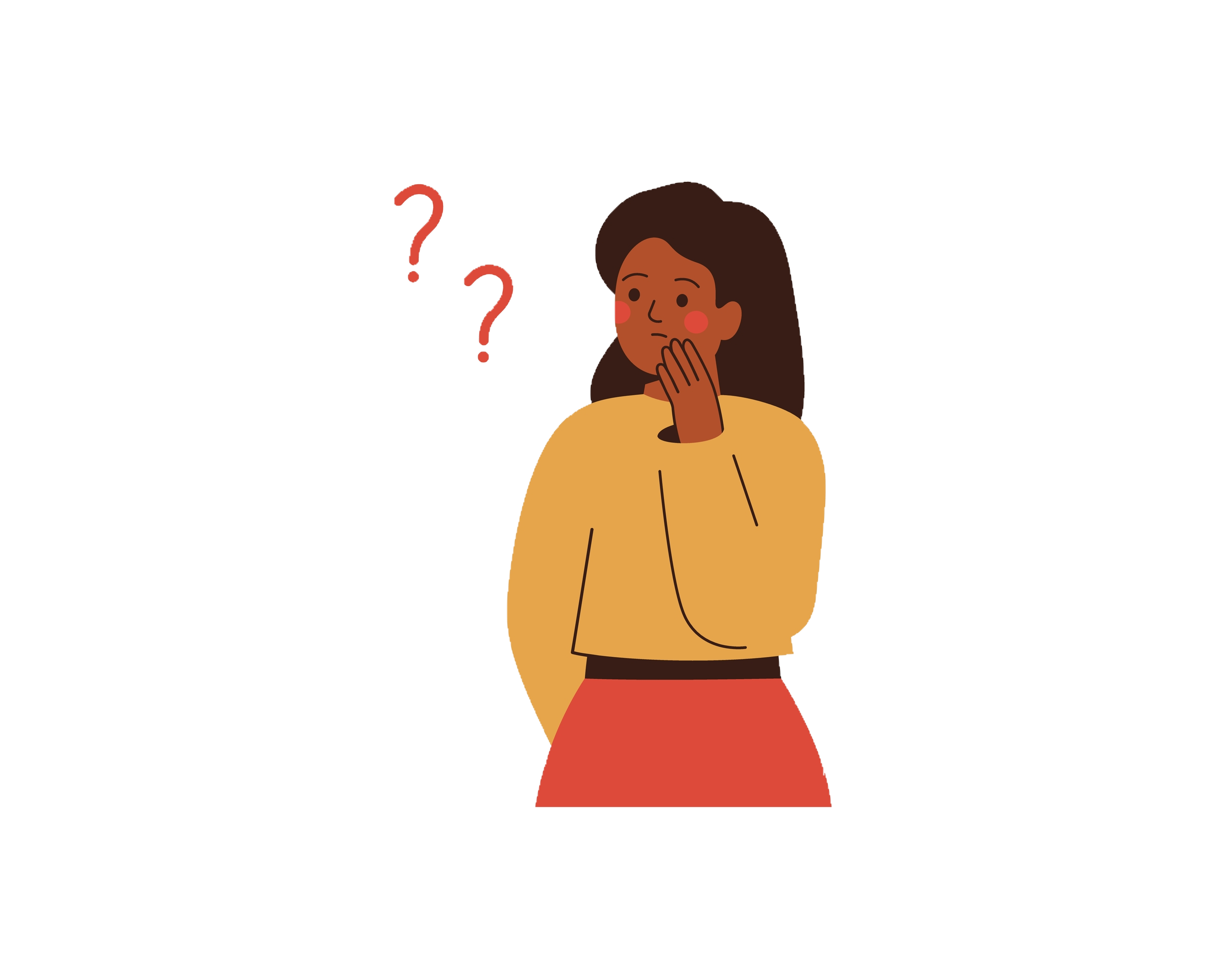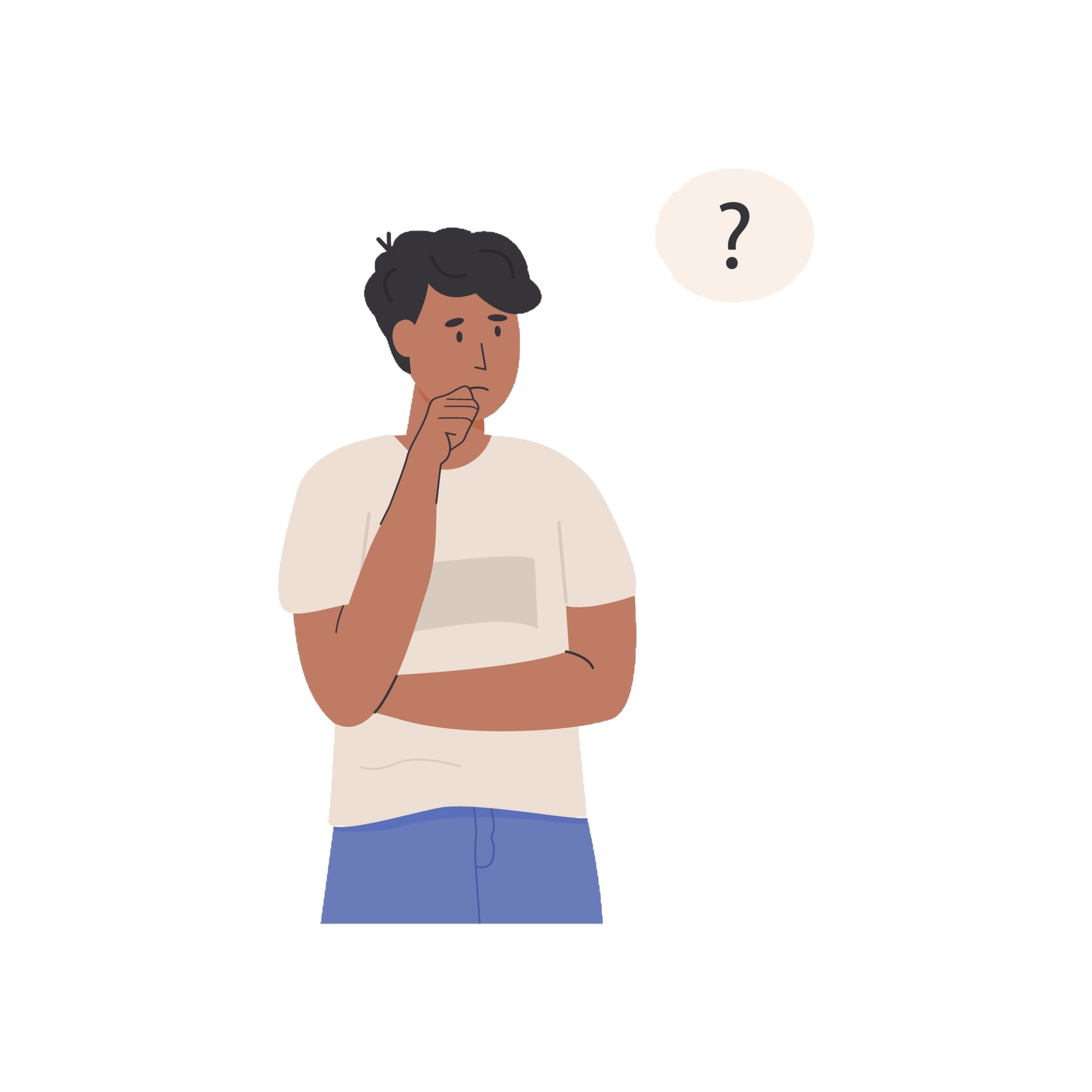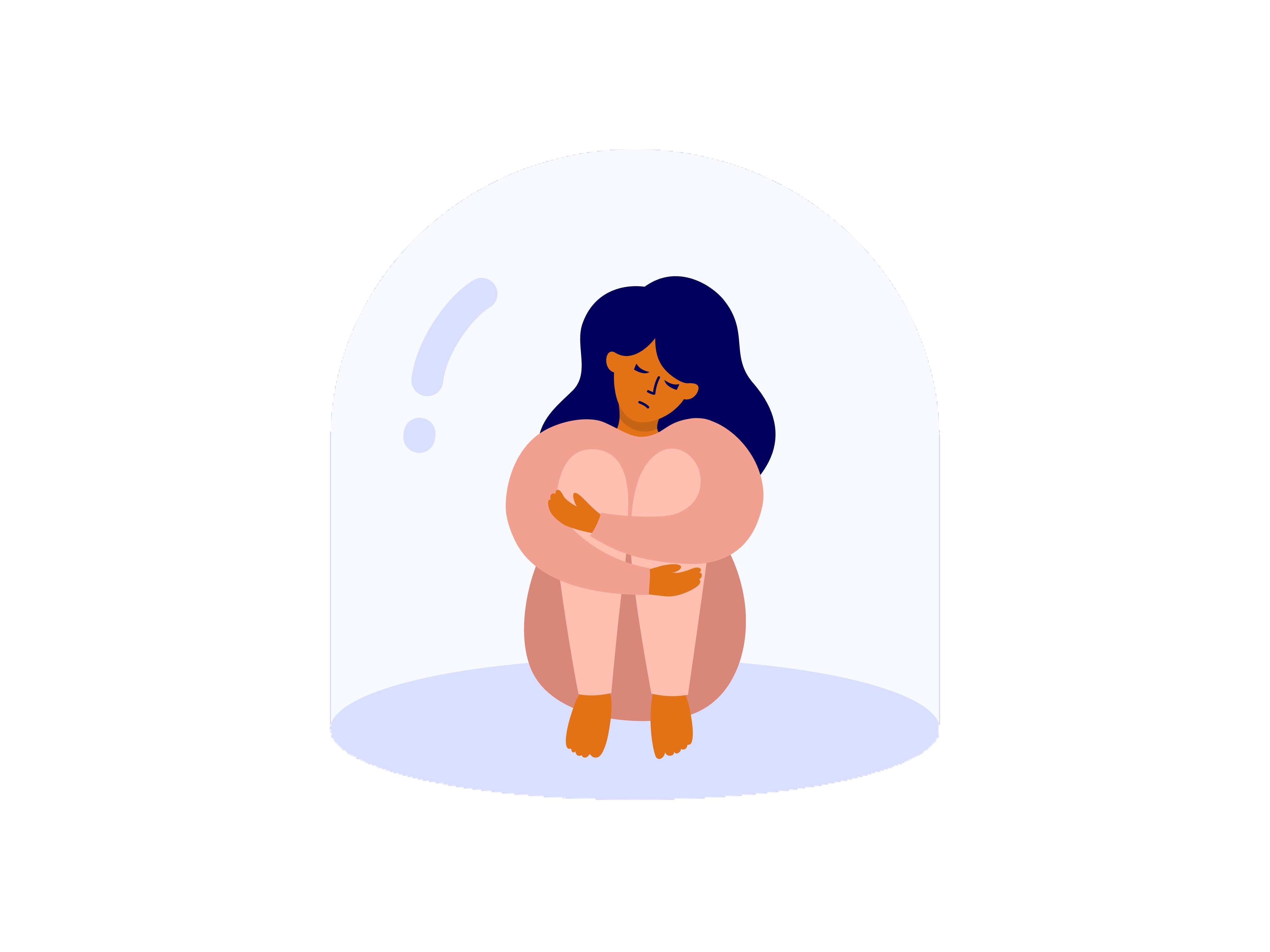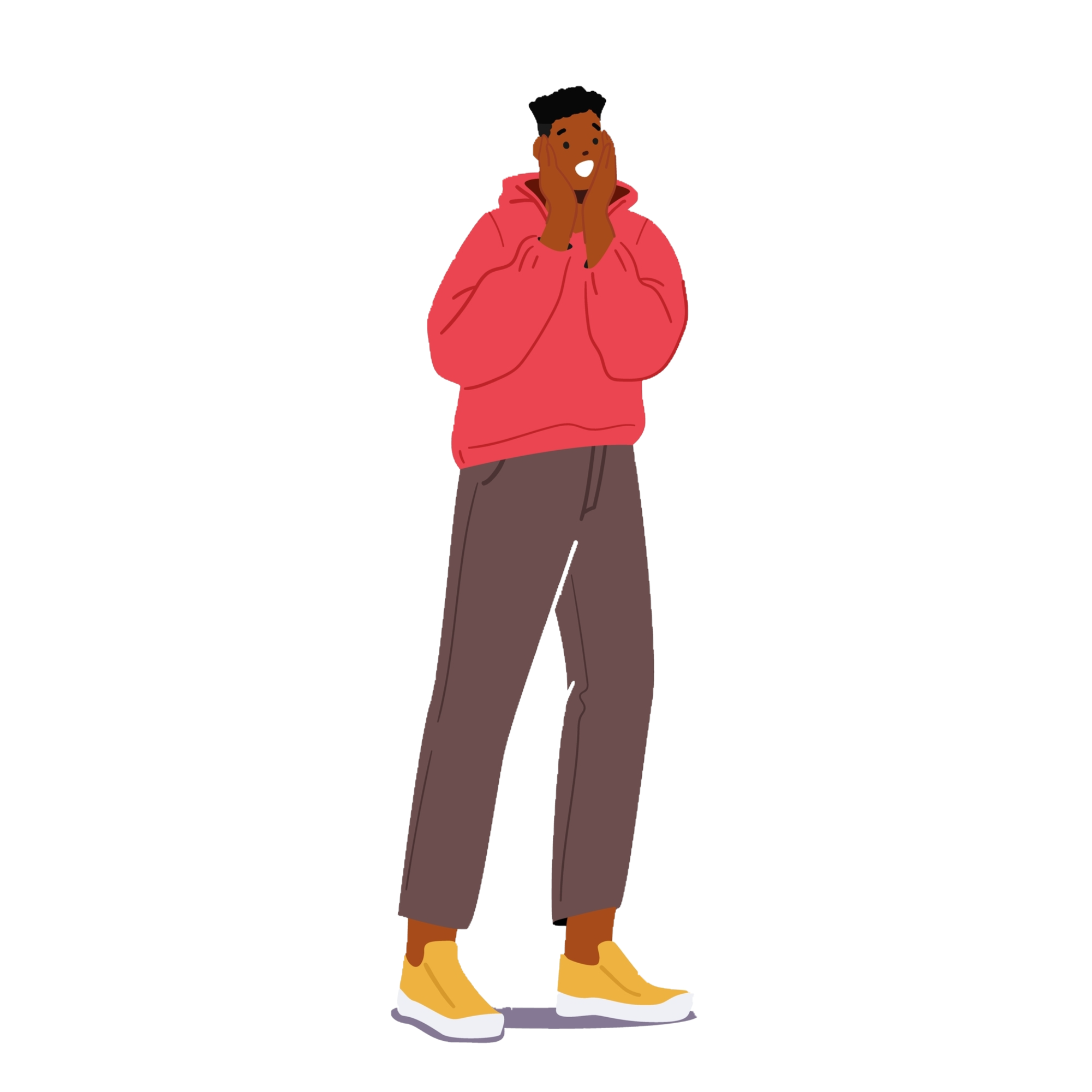Child Exploitation
Child Exploitation is child abuse and a risk which often comes from outside a child's home.
There are different types and behaviours linked to a child being exploited. They include:
- Child Criminal Exploitation (CCE), including County Lines
- Child Sexual Exploitation (CSE)
- Harmful Sexual Behaviour
- Modern Slavery and Trafficking
- Going missing from home and care
- Online Exploitation
Any child can be exploited by an adult and it is important to know how to spot the signs in children and to know where to go for help and support.
What is Child Sexual Exploitation (CSE)?
CSE is a type of sexual abuse. When a child is exploited they’re given items such as gifts or drugs, money, status and affection, in exchange for performing sexual activities.
CSE happens in person and online. An abuser may gain a child’s trust or may look to control them through violence or blackmail before moving onto sexually abusing them. This can happen in a short period of time.

What is Child Criminal Exploitation (CCE)?
CCE is where another person or persons manipulate, deceive, coerce or control a child to undertake a criminal activity. This can happen through something called County Lines.
County Lines is a term for urban gangs exploiting children into moving drugs, normally from a large city, into other areas such as suburban areas and market and coastal towns, using dedicated mobile phone lines or “deal lines”.
Children as young as 12 years old have been exploited into carrying drugs for gangs. This can involve children being trafficked away from their home area, staying in accommodation and selling and manufacturing drugs. This can include:
- the home of a vulnerable adult, that is taken over by a criminal gang, often referred to as cuckooing
- hotels
- short term private rental properties such as bed and breakfasts
Parents Against Child Exploitation (PACE) have produced guidance on slang terms associated with County Lines.

What are the signs?
Being able to spot the signs of exploitation can be key to helping to keep a child safe. Even something that seems like normal teenage behaviour could be a sign.
-
Show details
 Spotting the Signs of Child Sexual Exploitation (CSE) Sexual exploitation can be difficult to spot and sometimes mistaken from 'normal' teenage behaviour. Signs can include:
Spotting the Signs of Child Sexual Exploitation (CSE) Sexual exploitation can be difficult to spot and sometimes mistaken from 'normal' teenage behaviour. Signs can include:– Unhealthy or inappropriate sexual behaviour
– Being frightened of some people, places or situations
– Being secretive
– Sharp changes in mood or character
– Having money or things they can’t or won’t explain
– Physical signs of abuse, like bruises or bleeding in their genital or anal area
– Alcohol or drug misuse
– Sexually transmitted infections
– Pregnancy
– Having an older boyfriend or girlfriend
– Staying out late or overnight
– Having a new group of friends
– Going missing from home or care or stopping going to college or school
-
Show details
 Spotting the Signs of Child Criminal Exploitation (CCE)
Spotting the Signs of Child Criminal Exploitation (CCE) A child won’t always act or feel like a victim of CCE, often because they have been groomed to feel respected and important to criminals.
The most obvious sign is a change in a child’s behaviour from what is considered as ‘normal’ for them.
Other signs can include:
– Remove themselves from their usual group of friends and a mention of older or new friends
– Having gifts, a new phone or money that can’t be accounted for
– Becoming withdrawn or secretive
– Receiving a large number of calls or messages to their phone or being worried about being away from their phone
– A drop in grades or performance, as well as exclusion from school
– Going missing from home or not showing up to school or regular afterschool groups or clubs
– Become involved in low level criminality such as antisocial behaviour
Parents are often the first to notice that their child is being exploited. It is so important to act quickly and intervene early if you suspect your child is being exploited.
Watch and listen to the below video from Ivison Trust (previously known as Parents Against Child Exploitation (PACE), who talk about their experiences and changes they noticed in their child:
What can I do to help my child understand the risks?
- Speak to your child and make them aware of the risks. Let them know that this can happen to any child, including them
- Talk to them about not accepting money, food or favours from someone they don’t know well, or if it doesn’t feel right
- Make time every day to talk with your child and listen to what is happening in their life, including who they are friends with – both in person and online

The video below produced by Leicestershire Police, highlights the importance of listening to a child an noticing signs of change in their behaviour. Are you listening?
Who can help?
West Yorkshire Police has specially trained officers in Wakefield who can help. Call 101 in a non-emergency. Call 999 in an emergency, where a crime is in progress or there is a danger to life.
If you would rather not speak to the Police there are other people who can offer help and advice:
- Talk to a teacher or Designated Safeguarding Lead at your child’s school
- You can speak to your GP
- Contact Wakefield Children and Young People’s Services, visit our Worried About a Child page for further information on how to do so
There are also specific organisations who specialise in this area and can help:


